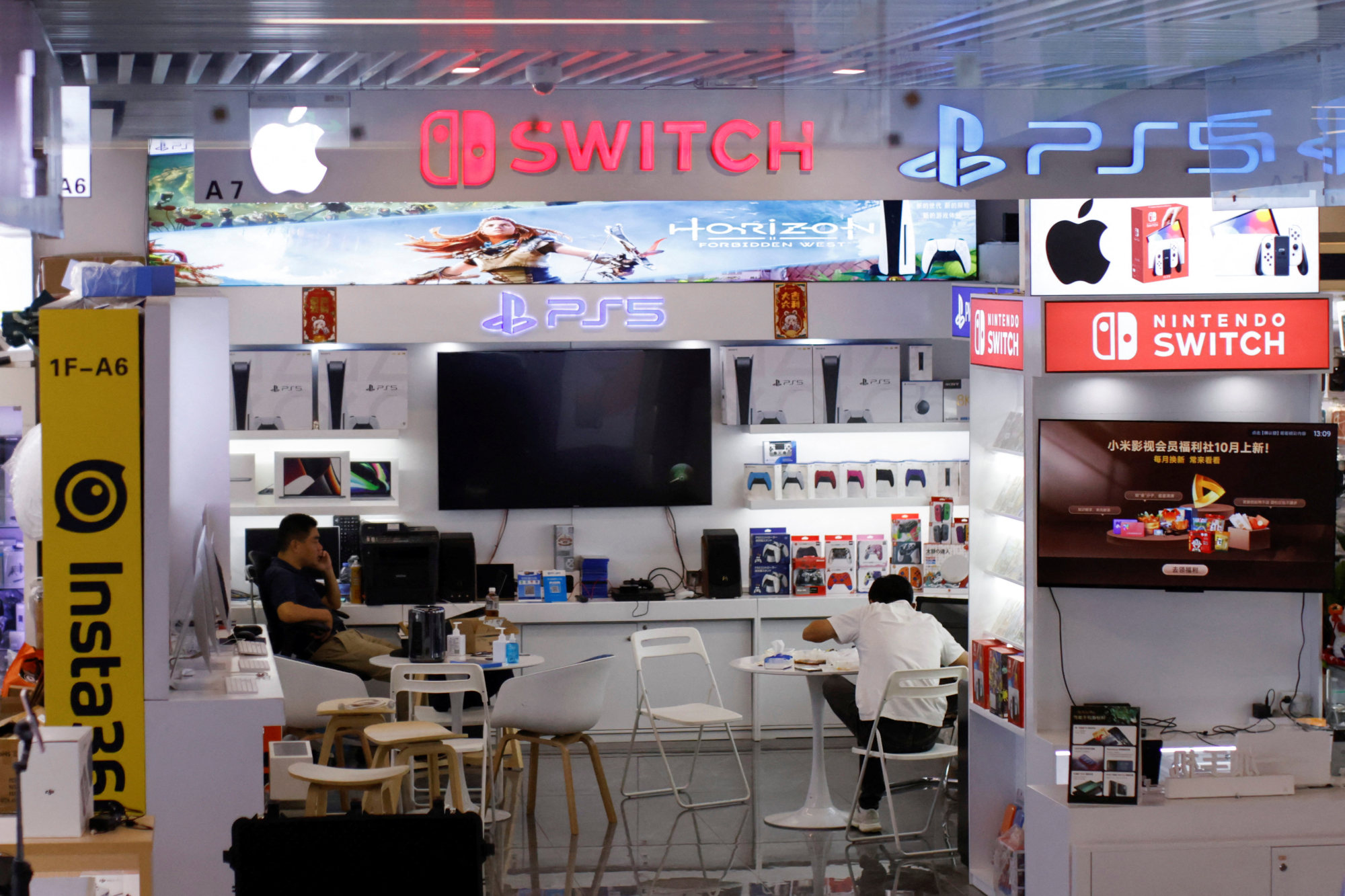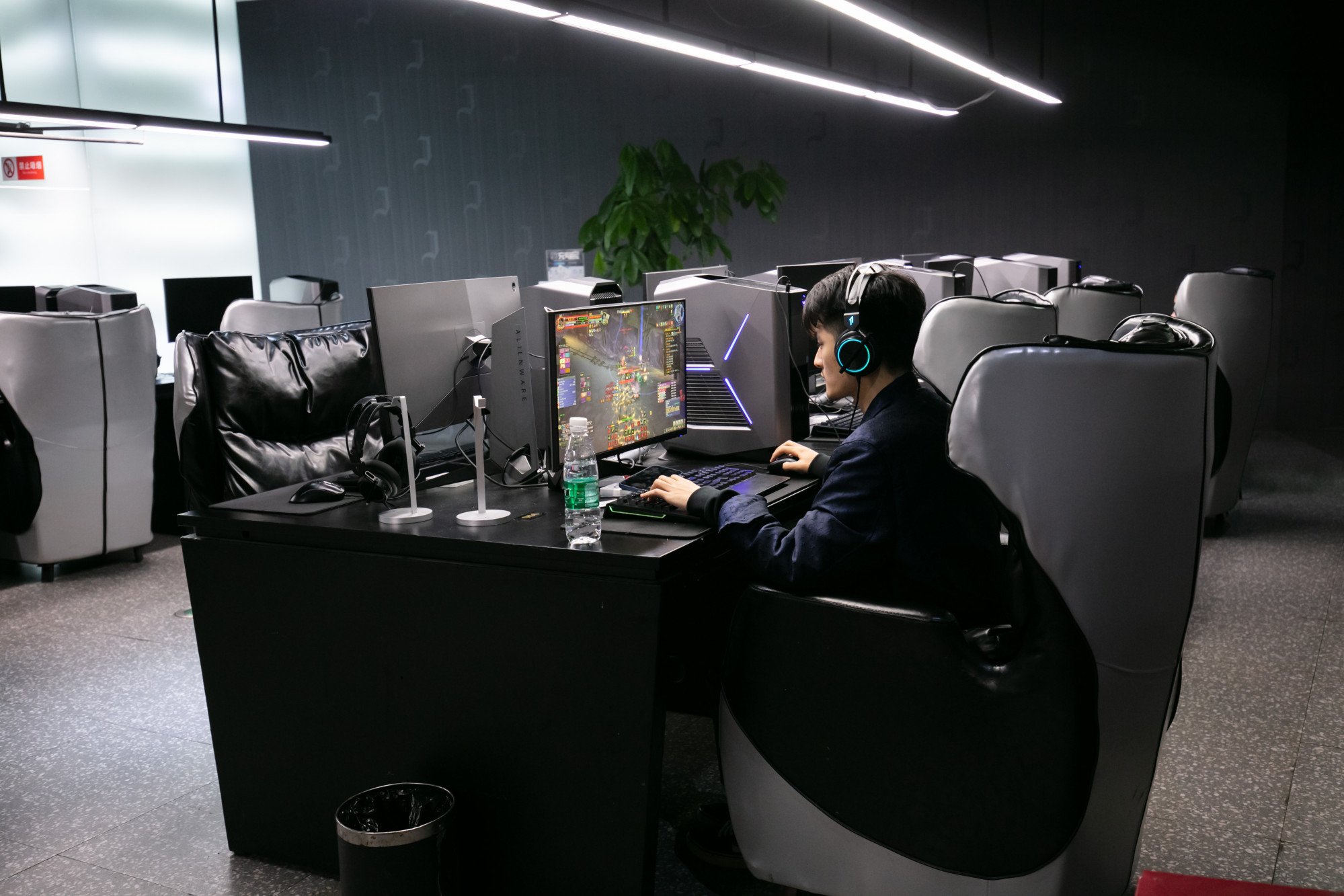
China video gaming crackdown: no licence issued in October deals another blow to struggling industry
- The absence of new approvals comes after the government issued more than 300 licences between April and September
- The world’s largest video gaming market has seen sales plunge amid a slowing economy and tightened restrictions
China issued no new video game licence in October, breaking a string of approvals since June and sending chills through an industry grappling with a market downturn and continuous government scrutiny.
The pause by the National Press and Publication Administration (NPPA), the agency responsible for licensing video games in China, went against the beliefs of many analysts and industry insiders, who thought the approval process had returned to normal after an eight-month licensing freeze ended in April.
That month, the NPPA licensed 45 new games. While no licence was approved in May, analysts widely considered it an operational delay stemming from a Covid-19 outbreak in Beijing, rather than a new policy signal.
The agency went on to give out 269 more licences from June to September.
The absence of new approvals in October, however, was unexpected.
It came in the same month that the Chinese Communist Party held its twice-a-decade congress. Authorities also delayed the release of official monthly trade and economic data for 10 days and six days, respectively, without giving a reason. The information came out after the meeting concluded.
Meanwhile, the NPPA has yet to publish its annual list of approvals for imported video games, which was released in June last year. Titles developed by foreign companies cannot officially launch or operate in China without a licence.
The lack of approvals in October will have limited impact on the industry for now, according to Zhang Yi, chief executive at Guangzhou-based iiMedia Research.
“There is no need to worry about the immediate impact of a one-month delay, because there is a relatively long period between the granting of a licence and [the launch of] the actual product,” he said.
“However, the regulator’s method of regulating the market through controlling the number of new game licences is likely to become the norm.”

Still, the delay has raised uncertainties in the world’s largest video gaming market, which has been hit by a slowing economy and tightened regulations.
Despite the resumption of video game approvals earlier this year, the number of licences granted is still significantly smaller than in previous years.
The government has also been strictly enforcing play time restrictions on young online gamers, enacted last August to clamp down on video game addiction. Under the rules, people under age 18 cannot play online games for more than three hours a week.

Total video game sales in the country declined 19.1 per cent year on year to 59.7 billion yuan, the report said, despite the third quarter being traditionally a peak season for video gaming, with schools breaking for summer.
Even the industry’s largest players are not immune to mounting challenges.


